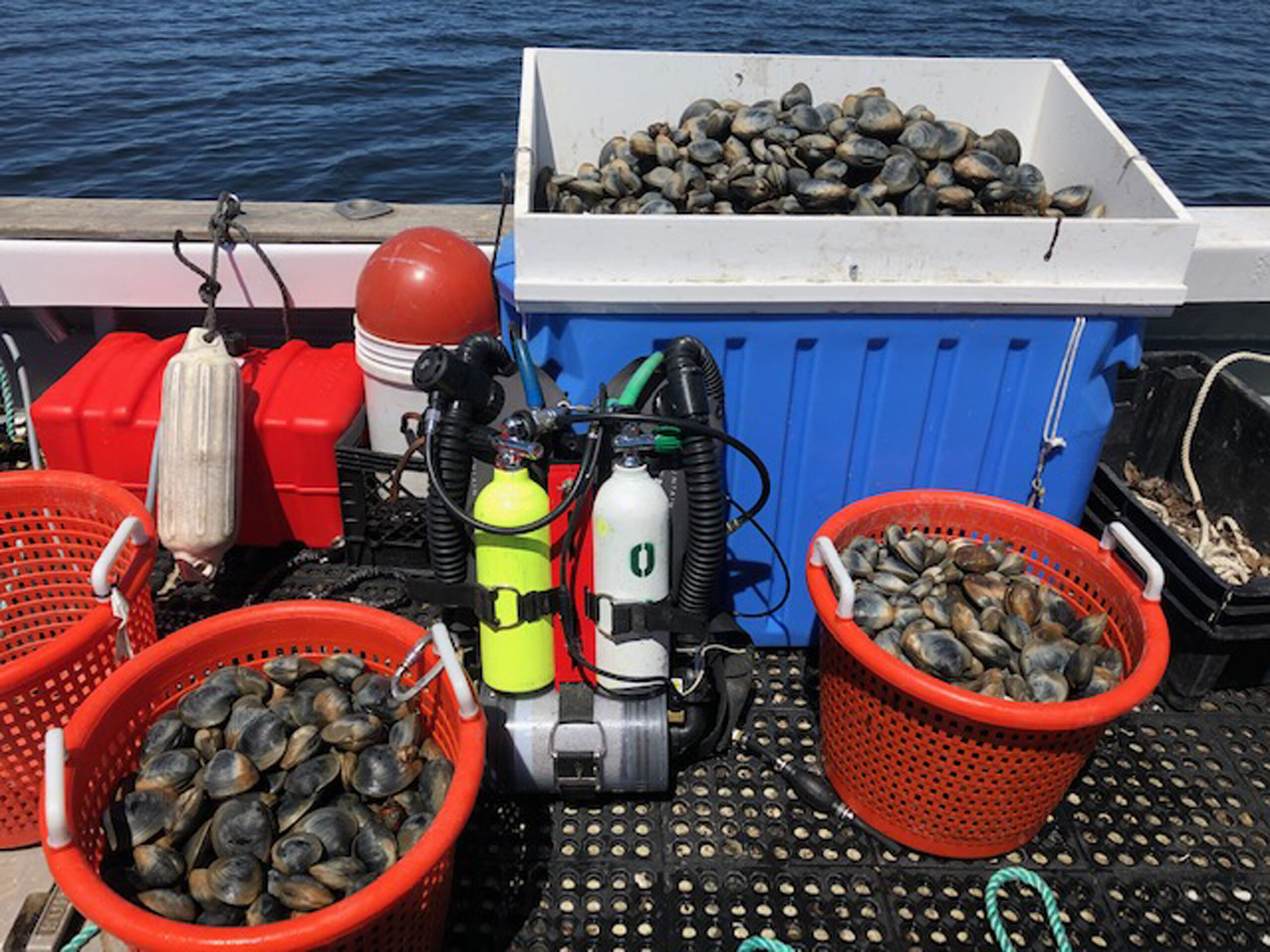Commitment
Diving a rebreather requires a lot of commitment in terms of money, training, practice and maintenance.
The obvious equipment cost is far far greater than open circuit. 10 or more times greater if you compare a single cylinder (new cost circa $1k for cylinder and regs) or a twinset at circa $1.5k. A rebreather plus bailout will be circa $10k or more. Basically the cost of a motorcycle compared with a pushbike (carbon fibre
MAMILs didn’t need to spend that much!)
The training costs are for an intensive 5 days course for the "MOD1" initial training which is unit specific. If your existing skills are good and you’ve already got advanced nitrox training and experience, the course will be easier. Could not imagine a novice diver having an easy time on MOD1.
Once you’ve completed your MOD1, the hard work begins. You MUST practice as you need to have those skills drilled into your subconscious. Rebreathers are complex machines and require constant monitoring. Death awaits anyone who looses attention or focus.
You count rebreather dives by the hours spent on the unit and the number of ascents you do. Ascents are probably the most tricky phase of a rebreather dive as, unlike open circuit, there’s a lot happening with your buoyancy and reducing oxygen levels.
Buoyancy skills do eventually return. For some it only takes a few hours. Many people take a lot longer to be stable at shallow depths for a long time, a requirement for deeper diving due to the decompression obligations. Buoyancy is much easier at depth hence shallow practice is important— literally pool depths.
Be aware of the "50 hour" complacency incident awaiting most people. 50 hours, an arbitrary number, is when you start to get used to it and maybe start cutting corners or not thinking of the basics. My self-inflicted caustic cocktail bailout happened at 130 hours — just when I thought I had bucked the trend— a full bailout saved my life. Training and practice work.
Rebreathers seem to bide their time and will strike when you’re being complacent; take nothing for granted!
Maintenance is a vital aspect of rebreather diving. There’s any one of a thousand things can ruin your dive. Take care of your unit and equipment. Rebreathers need cleaning and periodic disinfecting.
Prior to any dive you must allocate time to build and set the unit up. You must be pedantic as you go through the process. Written checklists are really useful to instil discipline so you don’t skip steps. Just because someone on ScubaBoard only takes a few minutes to do this doesn’t mean you should follow their poor examples. Who is responsible for your kit? You, you and only you.
Rebreather diving is absolutely not for everyone. If you have commitment issues with any of the above, stick to Open Circuit diving. It’s far more simple and there’s much less to go wrong.






